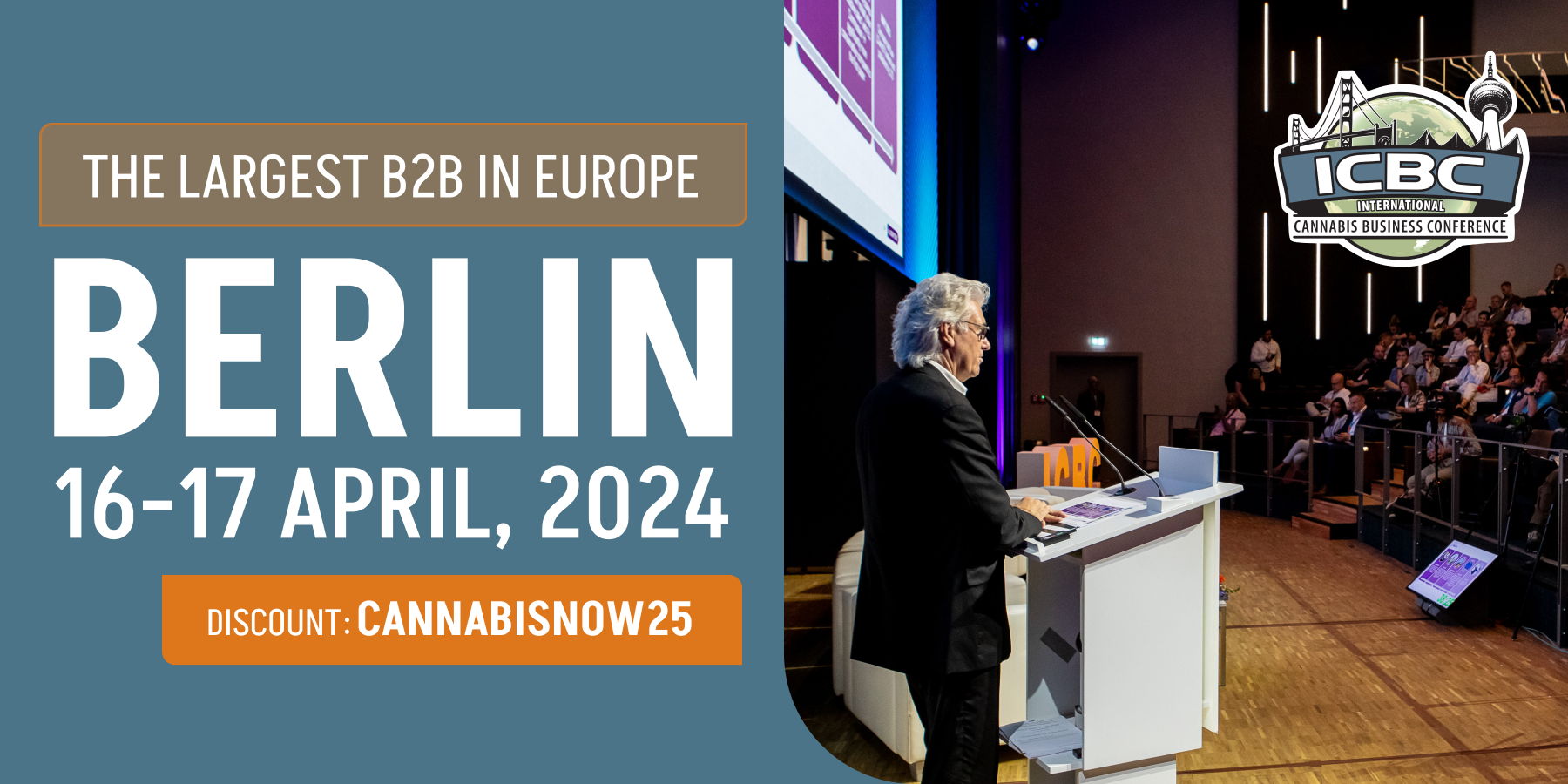
Legal
Berkeley Club Beats Federal Forfeiture Case
In another stunning rebuke for America’s war on medical cannabis, Berkeley institution Berkeley Patients Group announced today that they had essentially beaten a highly watched federal forfeiture case against them.
The 17-year-old, multi-million dollar dispensary stated in a release this morning their lawyers were in the process of settling with the federal government, who was seeking BPG’s property and assets for selling marijuana, which is federally illegal.
Federal prosecutors have agreed to drop the forfeiture action in early October, the company stated, though the papers are not finalized.
The club will remain open to serve tens of thousands of patient members in west Berkeley.
“In the end, compassion and sensibility prevailed,” stated Victor Pinho, BPG Communications Director. “We share this victory with the entire California medical cannabis community and the patients we’ve had the privilege of serving over the past 17 years.”
BPG’s victory comes after nearby club Harborside Health Center prevailed in its own asset forfeiture proceedings.
California legalized medical cannabis in 1996, and 34 states have followed suit with some form of medical marijuana law. The club was founded in 1999 by AIDS activist Jim McClelland. Marijuana remains a federally illegal drug deemed among the most dangerous in the world deemed to have no medical use and a high potential for abuse.
In 2011, four U.S. Attorneys in California announced a sweeping crackdown on the state’s multi-billion medical marijuana trade. Prosecutors shut down local licensing programs, and threatened to seize untold hundreds of properties across the state under asset forfeiture law. While prosecutors said they were focusing on violators of both state and federal law, they often targeted the most prominent, seemingly most compliant businesses.
U.S. Attorney Melinda Haag moved to seize Harborside in 2012 and BPG in 2013 — arguing the sheer scale of the stores or their proximity to sensitive uses necessitated the actions. BPG grossed $15 million in 2014. Both the city of Oakland, and the city of Berkeley rose to their permitted clubs’ defence.
“We knew from the very beginning that the outcome of this case would impact the medical cannabis community at-large. Our activist roots prompted us to stand up and fight this challenge from the federal government,” stated Etienne Fontan.
Also, in December 2014, Congress de-funded the federal war on medical marijuana. The Department of Justice cannot spend a single cent interfering with state medical cannabis regimes.
Multiple federal judges have ruled the federal cease-fire applies to patients, caregivers, dispensary operators and regulators. Harborside’s attorney Henry Wykowski told me he believed Congressional law swayed prosecutors to give up the Harborside forfeiture this year. Federal employees who spend funds in defiance of Congress can be charged under the federal anti-deficiency act.
Last Friday, Congress renewed the federal cease-fire through early December.
A historic super-majority of Americans support safe access to medical cannabis, and a historic majority support ending pot prohibition for adults.
BPG has endorsed California Proposition 64 to end cannabis prohibition and strengthen safe access in the state. Eight other states will vote on marijuana law reforms this election.

























